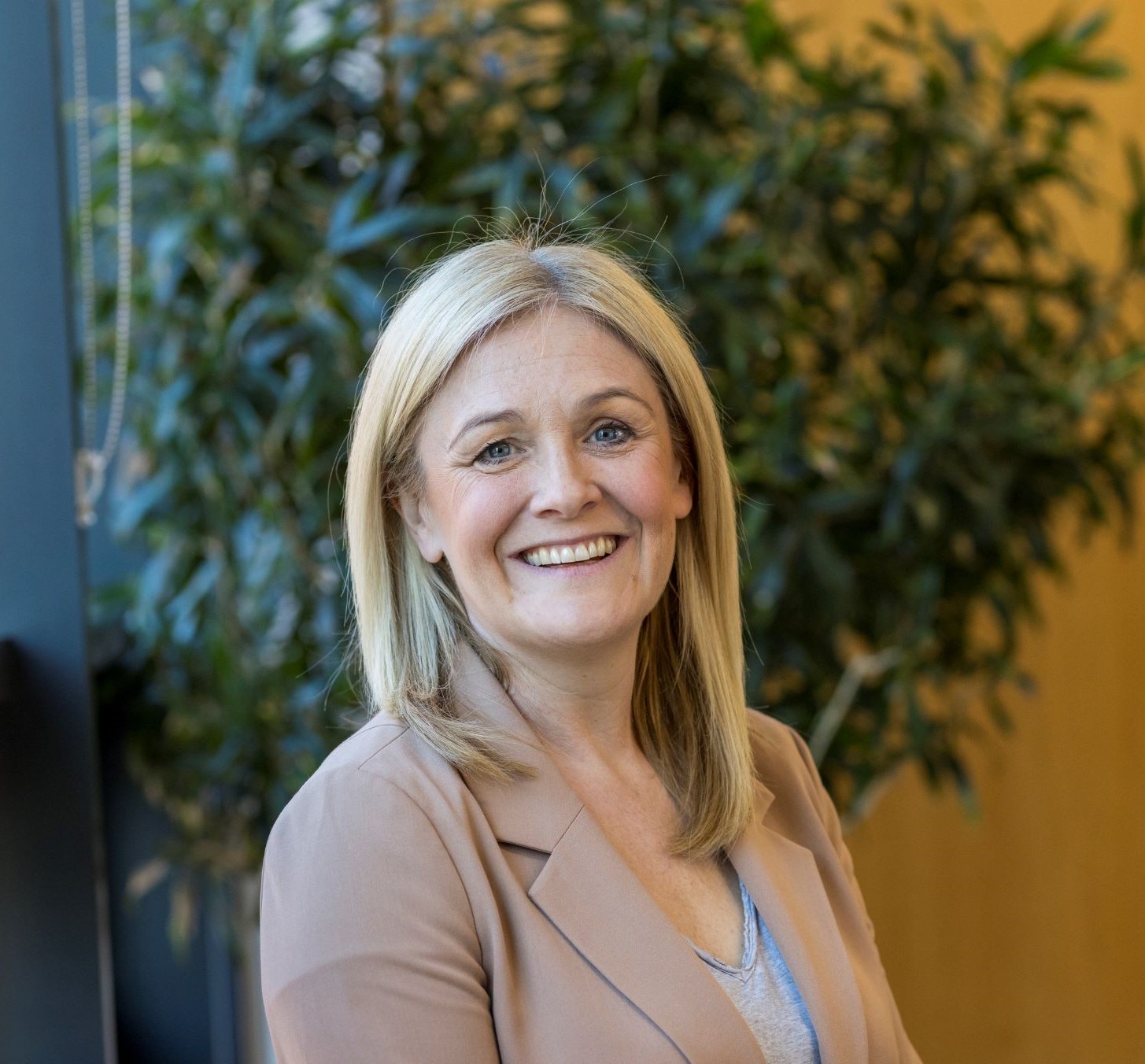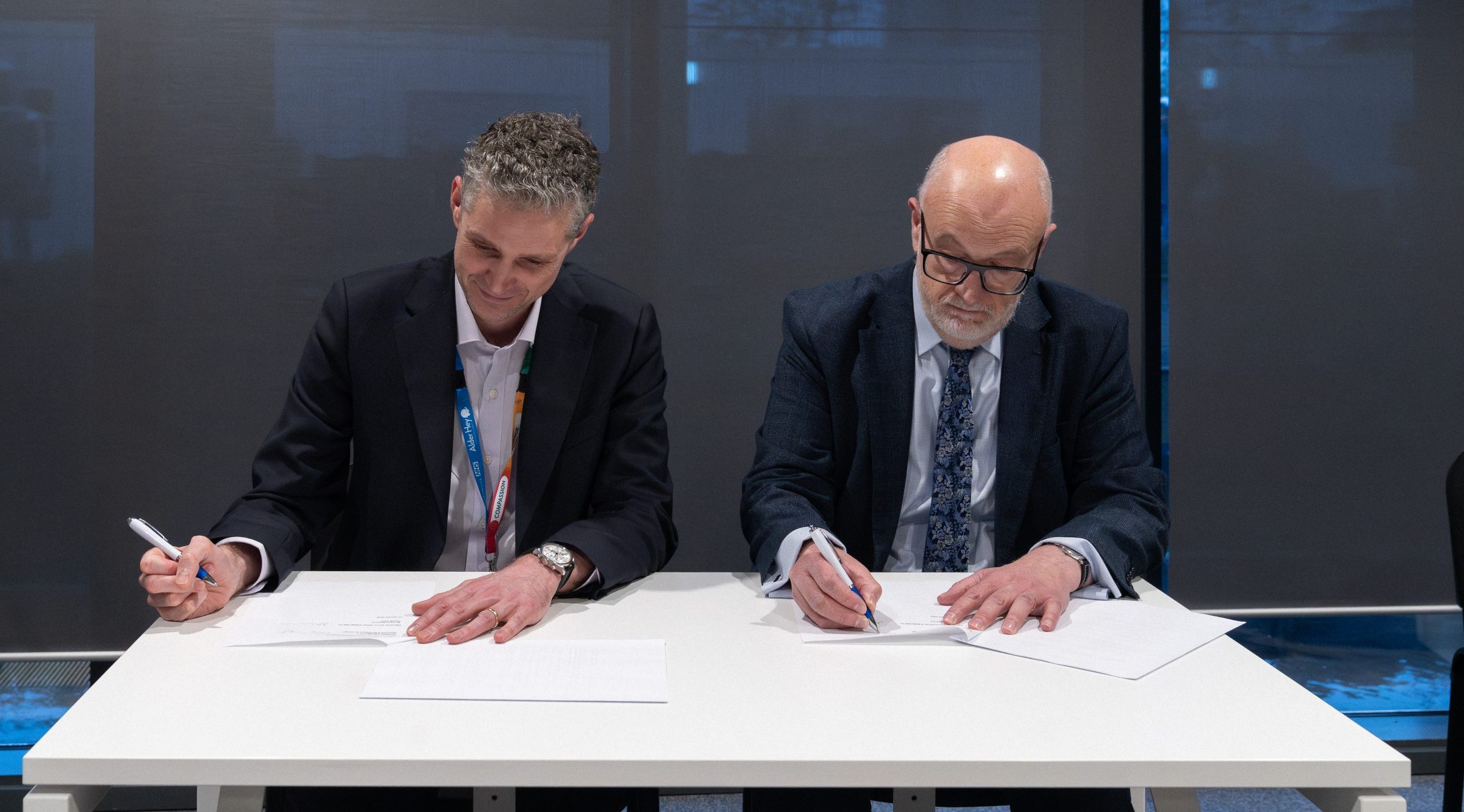Our partners join politicians and community leaders for NHS discussion at Labour Party Conference
LHP convenes round table to ask: Can we build an NHS fit for the future by creating opportunities for disadvantaged communities?
The Labour Party gathered in Liverpool for its annual party conference in late September, the first as a party of government for 14 years.
Liverpool Health Partners (LHP) took the opportunity to gather with politicians, community and charity campaigners and recognised experts in the field, to discuss the issues of deprivation in our region and ask if the NHS has the power to influence local economic and health outcomes through skills training and employment.
The panel was chaired by Seamus O’Neill, Managing Director, LHP and was made up of:
- Peter Dowd, MP, Bootle.
- Harry Doyle, Cabinet Member for Health, Wellbeing and Culture, Liverpool City Council.
- Neville Southall, Unison officer, ex-Everton and Wales footballer and mental health campaigner.
- Paul Khan, Chair of the Greenhouse Project and founding member of Fans Supporting Foodbanks.
- Prof Louise Kenny, Executive Pro Vice Chancellor of the Faculty of Health and Life Sciences at the University of Liverpool.
- Raphaela Kane, Pro Vice Chancellor, Faculties of: Health; Science; Engineering and Technology LJMU.
- Katherine Birch, Director Alder Hey Academy, Alder Hey Children’s Hospital NHS FT.
- Hannah Davies, Chief Executive Northern Health Science Alliance.
- Jenny Crooks, Deputy Managing Director, LHP.
- Melanie Harvey, Communications and Public Affairs Manager, LHP.

Liverpool and our NHS Trusts are in some of the most deprived areas of the country. Almost two in three residents in Liverpool live in areas ranked in the most deprived 20% of areas in England. Health, living environment, employment, child poverty and lower income are the main drivers of deprivation in the city of Liverpool (Prof Matt Ashton. State of Health in Liverpool 2040).
According to the index of Multiple Deprivation, Ministry of Housing, Communities and Local Government 2019, people living in our poorest areas live an average of 15 years less than people in the most affluent areas. The relationship between health and employment is well-understood and the role of our local economy in supporting the key determinants of good health is more important than ever.
The NHS Long Term Plan highlights the organisation’s role as an anchor institution, noting that in 2019 it employed 1.4 million people and had an annual budget of £114 billion.
Two of Labour’s five missions to rebuild Britain can be addressed simultaneously by breaking down barriers to skills, training and employment for those living in the communities that surround our local NHS Trusts.
Mission four is to: “Break down barriers to opportunity by reforming our childcare and education systems, to make sure there is no class ceiling on the ambitions of young people in Britain.”
Mission five is to: “Build an NHS fit for the future that is there when people need it; with fewer lives lost to the biggest killers; in a fairer Britain, where everyone lives well for longer.”
The round table participants discussed these issues and what, if anything, the NHS could and should do to help address issues of unemployment, deprivation and exclusion in areas local to hospital trusts.
Points raised during the discussion will be captured in a briefing paper to present to local and national government.




